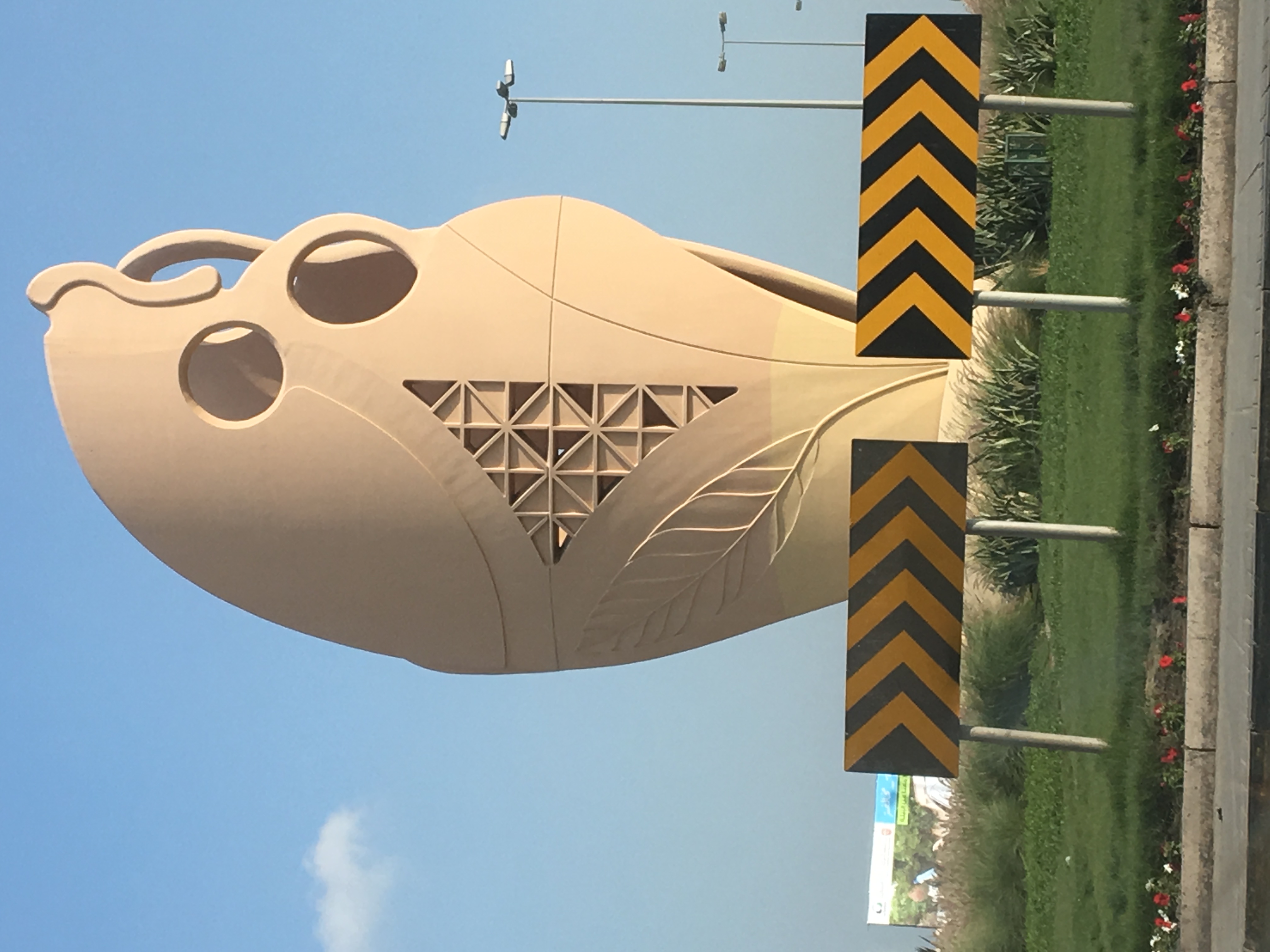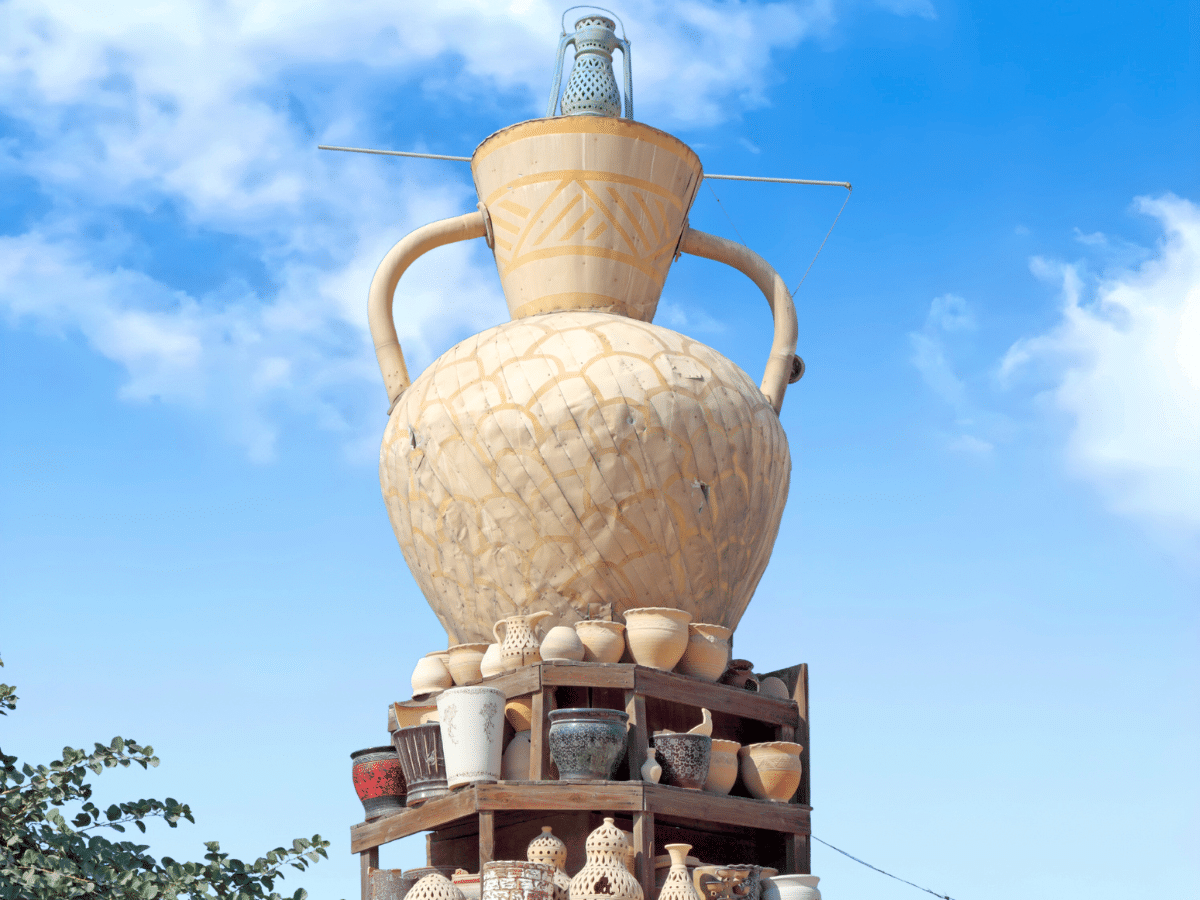



A'ali is a major town in northern Bahrain. It is a part of the Northern Governorate, although from 2001 to 2014 it lay within the Central Governorate. A'ali is famous for its ancient burial mounds, especially several very large burial mounds in the city centre. Wikipedia
November to March: Cooler weather ideal for outdoor exploration of archaeological sites and markets.
April to October: Hot and humid; early morning visits recommended to avoid midday heat.
Located about 15 km southwest of Manama, roughly a 20–25 minute drive by car or taxi.
Accessible via main highways connecting it to Manama and other parts of Bahrain.
Public transport options are limited; taxis or private vehicles are preferred.
A'ali Burial Mounds: One of the largest and most significant prehistoric cemeteries in the Arabian Gulf region, featuring thousands of ancient tumuli dating back over 5,000 years.
Pottery Workshops: A’ali is famous for traditional pottery making — visitors can watch artisans at work and purchase handmade ceramics.
Traditional Markets: Local souqs offering handicrafts, fabrics, and Bahraini goods.
Local Mosques: Beautiful traditional architecture reflecting Bahrain’s Islamic heritage.
Explore the ancient burial mounds and learn about Bahrain’s early civilizations.
Visit pottery workshops to see the crafting process and buy authentic ceramics.
Stroll through local markets to experience everyday Bahraini life and shop for souvenirs.
Enjoy local cafés serving traditional Bahraini sweets and coffee.
A’ali itself has limited accommodation options, mainly guesthouses and small hotels.
Many visitors stay in Manama or nearby towns and make day trips to A’ali.
Small local restaurants and cafés serve traditional Bahraini dishes such as machboos, grilled fish, and sweets like halwa.
Food is generally simple and authentic, reflecting local flavors and hospitality.
A’ali is a traditional town with strong ties to Bahrain’s ancient heritage and crafts.
Residents take pride in pottery-making, passing skills through generations.
The atmosphere is relaxed and community-focused, with a deep respect for history and tradition.
Visitors should dress modestly and respect local customs, especially in residential and religious areas.